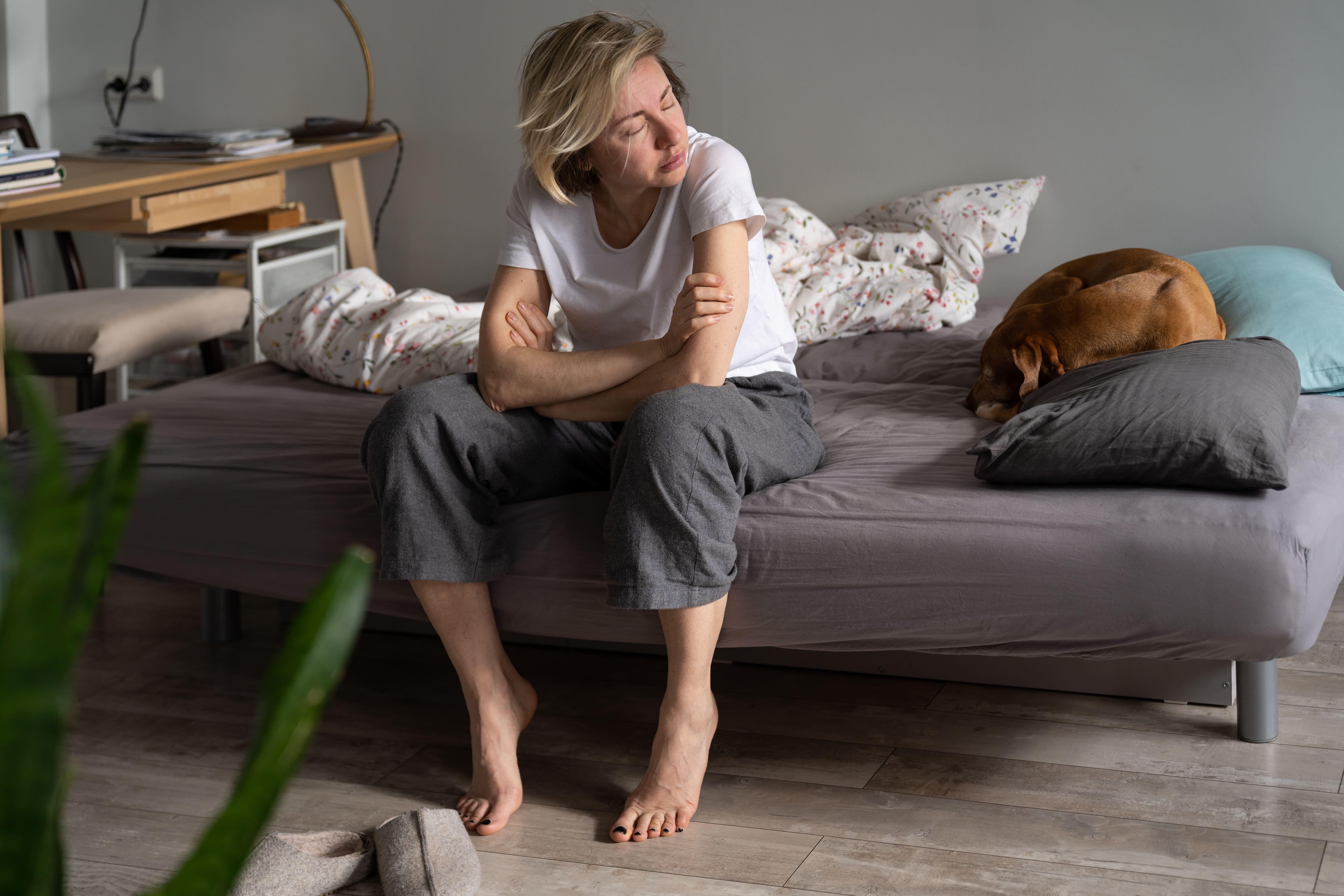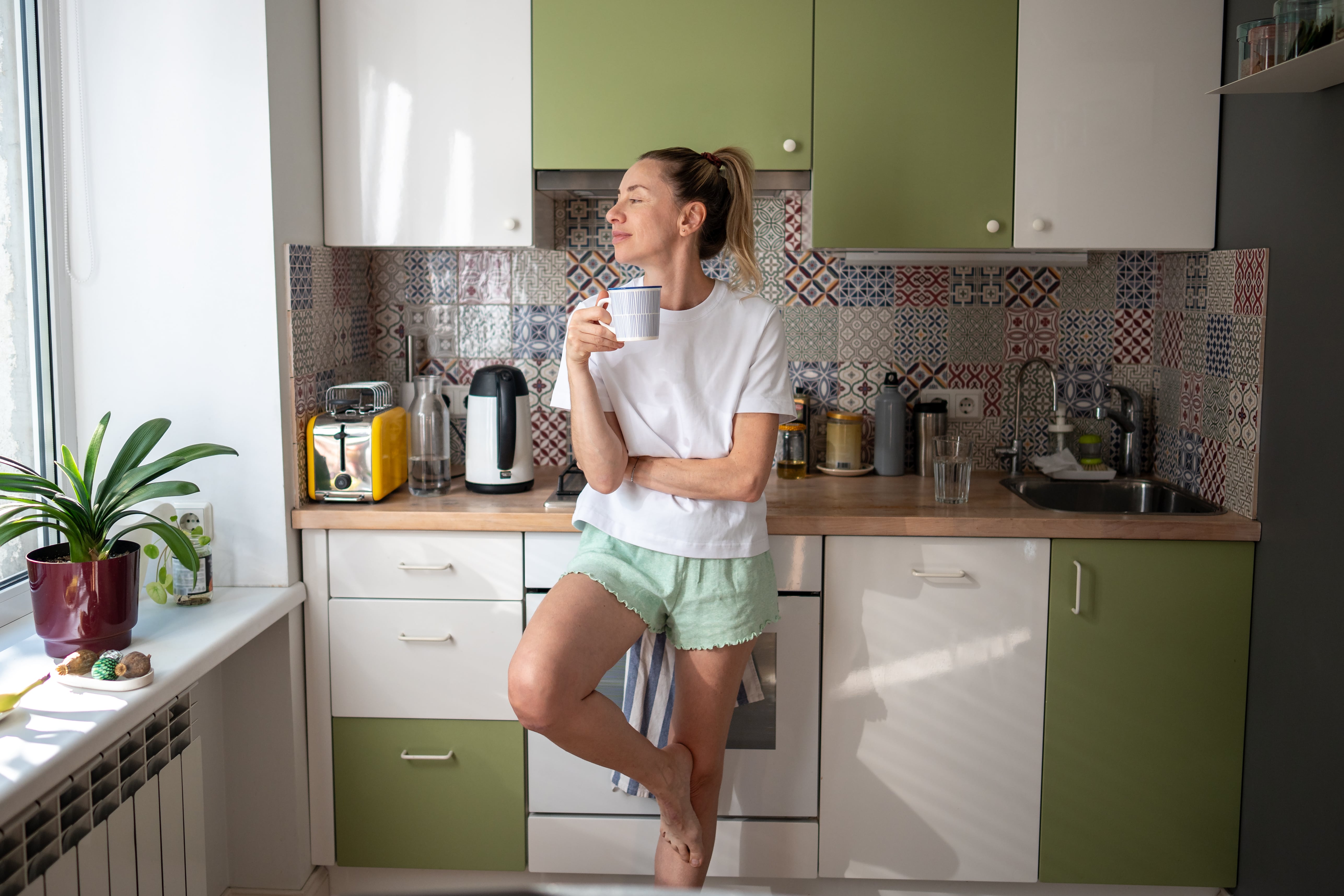Your immune system is a deeply intelligent part of you, a quiet force that works best not with sudden alarms, but with gentle, consistent nurturing. Think of it like tending to a garden. You wouldn't expect a garden to flourish after a single, intense watering. Instead, it thrives with steady, daily care - a little water, consistent sunlight, and nourishing soil. True immune resilience is cultivated in the same way, through the small, mindful rituals we practice day after day.
Sporadic, high-dose supplements can sometimes feel like a panic response, creating more noise than harmony. A truly supportive approach is one that whispers to your body, signalling that it is safe, nourished, and in balance. It's about building a foundation of strength over time, not demanding an immediate, forceful reaction.
Why Daily Consistency Matters More Than High Doses
Natural compounds like curcumin from turmeric and gingerol from ginger work by speaking to your body's internal regulatory systems. They gently influence the "switches" that control inflammation and immune responses. As research from Gupta et al. in 2013 explains, curcumin helps to modulate these pathways by calming pro-inflammatory signals, which contributes to its therapeutic effects in various inflammatory conditions.
However, this is a conversation, not a command. These effects are cumulative, growing stronger with time. Clinical research has shown that for curcumin to bring about measurable changes in inflammatory markers, it often needs to be taken consistently for four to eight weeks. One study highlighted that participants taking curcumin daily saw significant reductions in inflammatory markers after this period, underscoring the importance of sustained intake.
Because our bodies process these natural compounds relatively quickly, a daily ritual becomes essential. It’s like adding a log to a fire not to create a sudden blaze, but to maintain a steady, comforting warmth. This consistent, gentle presence is far more effective than occasional, intense spikes.
A Ritual Designed to Be Received
One of the most important aspects of nurturing your body with natural compounds is ensuring it can truly receive their gifts. This is a concept known as bioavailability—how well your body can absorb and use a nutrient. Left on their own, the beneficial compounds in turmeric and ginger can be broken down too quickly to have a lasting effect.
A thoughtful ritual is one that is designed for absorption, creating a welcoming environment for these ingredients.
- A Helpful Companion (Piperine): When curcumin is paired with piperine, a compound from black pepper, its absorption can increase by a remarkable 2000%. As research by Shoba et al. in 1998 showed, piperine acts as a gentle guardian, slowing curcumin's breakdown and allowing it to be more fully welcomed by your body.
- The Wisdom of Healthy Fats: Both curcumin and gingerol are fat-soluble. This simply means they feel most at home in the presence of healthy fats, like those in extra virgin olive oil, which help carry them to where they are needed most.
- The Power of the Whole Plant: Using fresh turmeric and ginger offers more than just their most famous compounds. The whole roots contain a symphony of other elements, like volatile oils and polyphenols, that work in harmony to support your gut health and immune signalling in complementary ways.
When these elements are brought together, they create a ritual that is not just consumed, but truly received by your body. It is an act of deep nourishment, designed to build a more stable and resilient inner world over time.
A New Habit for Long-Term Resilience
The goal is not intensity, but a gentle, daily "bio-ritual"—a consistent input that helps your system recalibrate and find its balance over weeks and months. It is the quiet difference between crisis management and gentle, consistent prevention.
- Curcumin and gingerol help to soothe chronic inflammation.
- Vitamin C from citrus supports the healthy function of your immune cells.
- The blend of polyphenols and essential oils nurtures the vital connection between your gut and your immune system.
This daily practice helps to create a stable internal environment, one that is less likely to overreact to the stressors of life.
You don't build immunity in a single day. True, lasting support comes from cultivating healthy patterns over time. It begins with a single, mindful act, designed to be repeated, absorbed, and woven into the fabric of your long-term wellbeing.
References:
(1) Gupta SC, Patchva S, Aggarwal BB. Therapeutic roles of curcumin: lessons learned from clinical trials. AAPS J. 2013;15(1):195–218
(2) Panahi Y, Khalili N, Sahebi E, et al. Curcuminoids modify lipid profile in type 2 diabetes: A randomized controlled trial. Phytother Res. 2014;28(4):514–520. https://doi.org/10.1002/ptr.5003
(3) Shoba G, Joy D, Joseph T, et al. Influence of piperine on the pharmacokinetics of curcumin in animals and human volunteers. Planta Med. 1998;64(4):353–356. https://doi.org/10.1055/s-2006-957450



